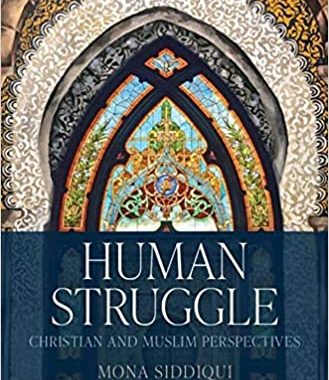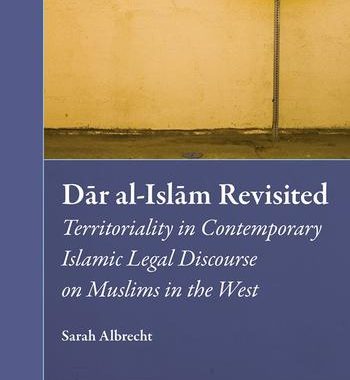“Law, Religion & Abortion Law of the United States: A Jewish View” by Michael J. Broyde
Picture by Annie Spratt on Unsplash. This article is part of our “Kennedy, Carson, and Dobbs: Law and Religion in Pressing Supreme Court Cases” series. If you’d like to check out other articles in this series, click here. Note: This work is a profoundly revised version intended to be accessible to a secular audience of a…








